The forgotten victims of the war in Ukraine
We're right to mourn the dead of Malaysia Airlines Flight 17. But that doesn't mean we should forget the others whose lives are being forever altered by the war.
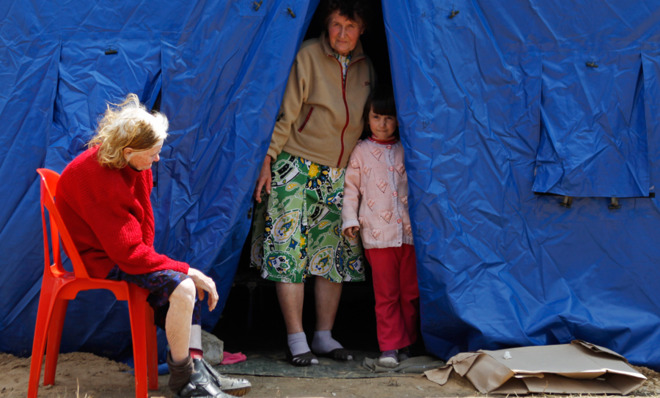
A free daily email with the biggest news stories of the day – and the best features from TheWeek.com
You are now subscribed
Your newsletter sign-up was successful

DONETSK, Ukraine — In the last three months of covering the war in eastern Ukraine, I've often seen people's tears. Crying children, crying men, crying women of all ages: lost, despairing, torn by fear, absolutely heartbroken. The fight that broke out in the city of Donetsk last week changed many lives; it ended at least five of them. Grad rockets and artillery struck all along Slavatskaya and Kuibysheva streets and around the Zapadnaya railway station. Among the sites that were hit: a city market, a pharmacy, a local factory, high-rise apartment buildings.
Horror seemed to be concentrated in the stuffy and crowded basement of School 51, which was filled with thirsty, sweating adults and children. The dull thuds of rockets landing in the city outside filled everyone with panic. "Misha, what's happening there, can you see?" a middle-aged woman shouted to her husband, who was smoking by the door to the basement. (And yes, there were tears in her eyes, too.) He answered that the two of them could count themselves lucky: Unlike the three dead people whose bodies were lying in the courtyard — the woman's head had been blown away — they had made it to safety. Misha's wife, wracked with emotion, agreed.
Ever since Malaysia Airlines Flight 17 fell from the sky on July 17, TV news channels around the world have been covering the crash and its implications virtually nonstop. You'd think that was the only story happening in eastern Ukraine right now. But there's actually another big, newsworthy event that's going on, virtually unnoticed: the Ukrainian army's military offensive against the separatists holed up in Donetsk and its environs. And if the previous fighting in places like Slavyansk or Krasny Liman is any indication, civilians can expect to bear the brunt of it. (The photo shows a man in Donetsk inspecting a garage destroyed by a rocket.)
The Week
Escape your echo chamber. Get the facts behind the news, plus analysis from multiple perspectives.

Sign up for The Week's Free Newsletters
From our morning news briefing to a weekly Good News Newsletter, get the best of The Week delivered directly to your inbox.
From our morning news briefing to a weekly Good News Newsletter, get the best of The Week delivered directly to your inbox.
(More from Foreign Policy: Where the wild things die)
One woman, still shaking, scolded my photographer friend for taking pictures: "It's all your fault! Your Russian propaganda is to blame for this war!" My Italian friend didn't understand what the woman was saying, but she stopped taking pictures for a while. An older woman said she wanted him to go on, that it was important for the world to understand where Malaysia Airlines had crashed and how much the population of the area around Donetsk was suffering. "We have deep sympathy for the families of the victims of the Malaysian plane," an older woman told me, a cup in her hand. "But we want the world to hear us, too. We're being killed here. The Ukrainians are bombing us." Two women, still shaking from the shock, yelled at us about Ukrainian murderers and Russian murderers. You could hear the whole range of views in our basement — as one might expect in a city with a population of one million.
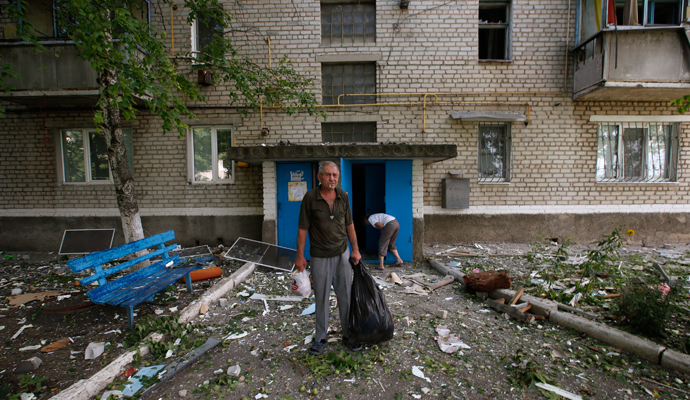
Men listening to the murmur of artillery by the door spoke in words peppered with harsh Russian obscenities. If Kiev had decided to fight the war on the streets of Slavyansk, Luhansk, Donetsk, and the other cities in the region, why not declare a curfew and let people know when they could expect the fighting to start so that they'd have time to hide? A tall, gray-haired man told everyone that it was all easy to understand: "[Ukrainian President] Poroshenko is using the airplane catastrophe and the visits by foreign experts as cover for winning this war and clamping down on the DPR guys" — a reference to the militia of the separatists' Donetsk People's Republic.
The world's attention is understandably focused on the downing of the Malaysian airliner, but in the process everyone seems to have forgotten that the war in eastern Ukraine is still going on. What both sides in the conflict seem to have forgotten is that they're fighting over places filled with civilians: Both the Ukrainian army and the rebels are using heavy weapons in a densely populated city. Sources at Human Rights Watch tell me that they've documented evidence in at least four cases proving that Ukrainian forces were responsible for Grad rocket strikes on residential areas. That's terrible news for people living in the region, since the operators of Grad batteries rarely have precise targeting information. It's a highly indiscriminate weapon.
A free daily email with the biggest news stories of the day – and the best features from TheWeek.com
(More from Foreign Policy: U.S. intelligence no closer to pinning MH17 downing on Russia)
Later that day, I called Kiev officials, who denied that any Ukrainian commander ever ordered a Grad attack on Donetsk or other cities. They did admit, however, that "a war without mercy" has finally entered its active phase in eastern Ukraine. And that, of course, means that we'll see more tears and broken lives. Donetsk is not the only city in eastern Ukraine today where citizens are sheltering in basements from bullets, shells, and bombs. The Organization for Security and Cooperation in Europe has reported 250 killed in neighboring Luhansk over the past few weeks. The map of hot spots is growing by the day. And one wonders whether the government of Ukraine is really helping its own cause. Its heavy-handed use of weapons like the Grad is radicalizing the population and driving many into the arms of the rebels.
Many people are fleeing the region around Donetsk. But leaving a home that's turned into a war zone is rarely as clear-cut as the superficial images of refugees might suggest. For every person who gets away there are loved ones, friends, and precious belongings left behind.
A few days ago I was trying to comfort a grown woman who was sobbing like a little child. It was a warm July afternoon, and we were standing under the apple and cherry trees outside her place of work. Larisa Zvereva, 49, is a teacher at the orphanage in Torez, the village at the center of the debris from Malaysia Airlines Flight 17.
(More from Foreign Policy: The last great myth about Egypt)
In the past few days, she told me, she'd witnessed "the most unimaginable horrors" — human bodies falling from the clouds. Eight of them landed on the street outside the orphanage fence, and two more fell right into the garden, as rebels and government troops fought a violent war just a few kilometers away from her doorstep. (As we spoke, the sound of mortar and artillery fire continued to murmur in the outskirts of Torez.) The worst part, she told me, was that the children at the orphanage, ranging in ages from 9 to 16, and already living in constant fear of the war, had also watched the bodies of the passengers falling from the sky. Some of the kids described them to me as "big birds."
How much longer, Zvereva asked me, will the people of the region wake up to the sound of shelling? How many more nightmares will they have to endure? She began to choke up with tears. "I'm so scared to tell anybody the truth about what I really want for my life, for the future of our orphans," she whispered to me. Unheard, misunderstood, the people who live in this part of Ukraine were already struggling to endure the horrors of war before the tragedy of MH17. Now many of them feel that the world is blaming them, on top of everything else, for shooting down a plane filled with men, women, and children. The realization that the rest of humankind has little idea of their daily tribulations merely adds to the pain.
-
 Local elections 2026: where are they and who is expected to win?
Local elections 2026: where are they and who is expected to win?The Explainer Labour is braced for heavy losses and U-turn on postponing some council elections hasn’t helped the party’s prospects
-
 6 of the world’s most accessible destinations
6 of the world’s most accessible destinationsThe Week Recommends Experience all of Berlin, Singapore and Sydney
-
 How the FCC’s ‘equal time’ rule works
How the FCC’s ‘equal time’ rule worksIn the Spotlight The law is at the heart of the Colbert-CBS conflict
-
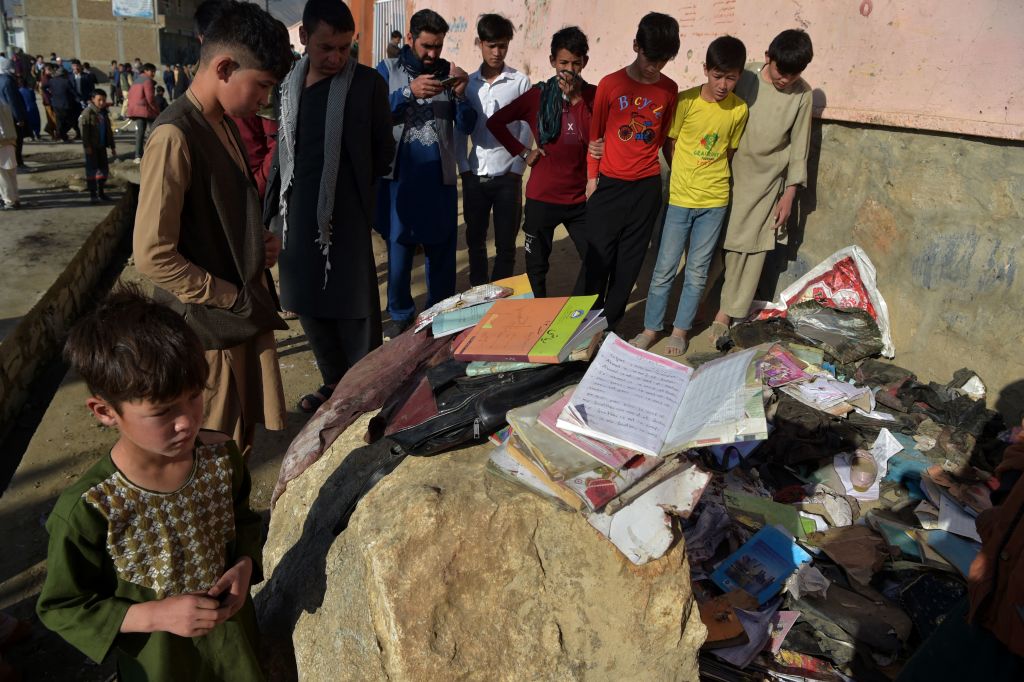 Bombing at girls' school in Kabul kills at least 50, including students
Bombing at girls' school in Kabul kills at least 50, including studentsSpeed Read
-
 Garland says DOJ is 'pouring its resources' into stopping domestic terrorists 'before they can attack'
Garland says DOJ is 'pouring its resources' into stopping domestic terrorists 'before they can attack'Speed Read
-
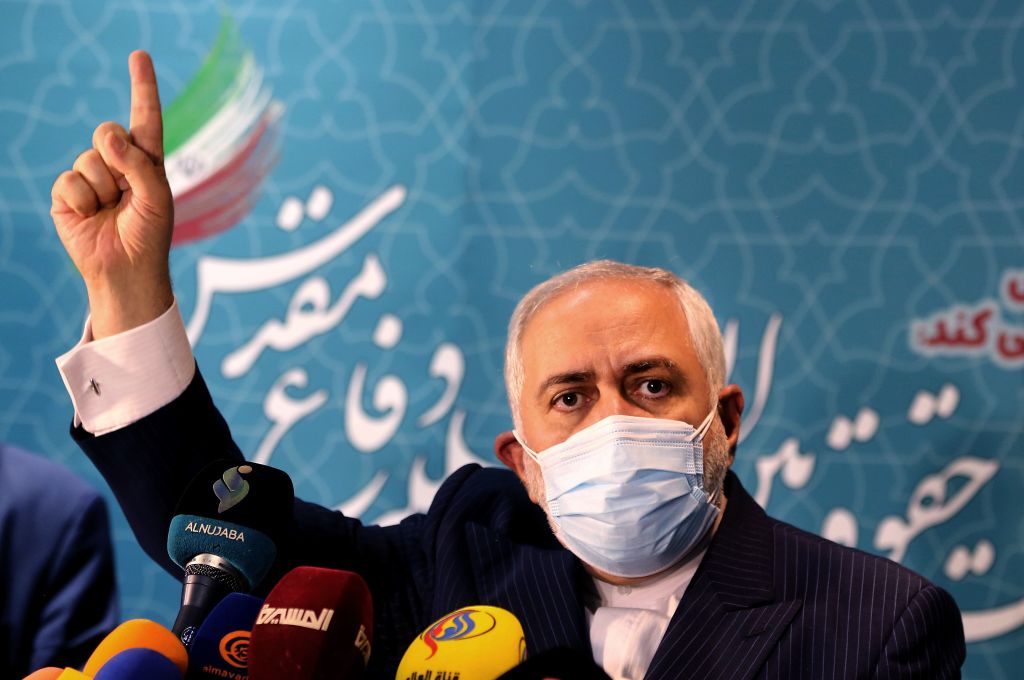 Suspected Israeli cyberattack on Iranian nuclear site complicates U.S.-Iran nuclear deal talks
Suspected Israeli cyberattack on Iranian nuclear site complicates U.S.-Iran nuclear deal talksSpeed Read
-
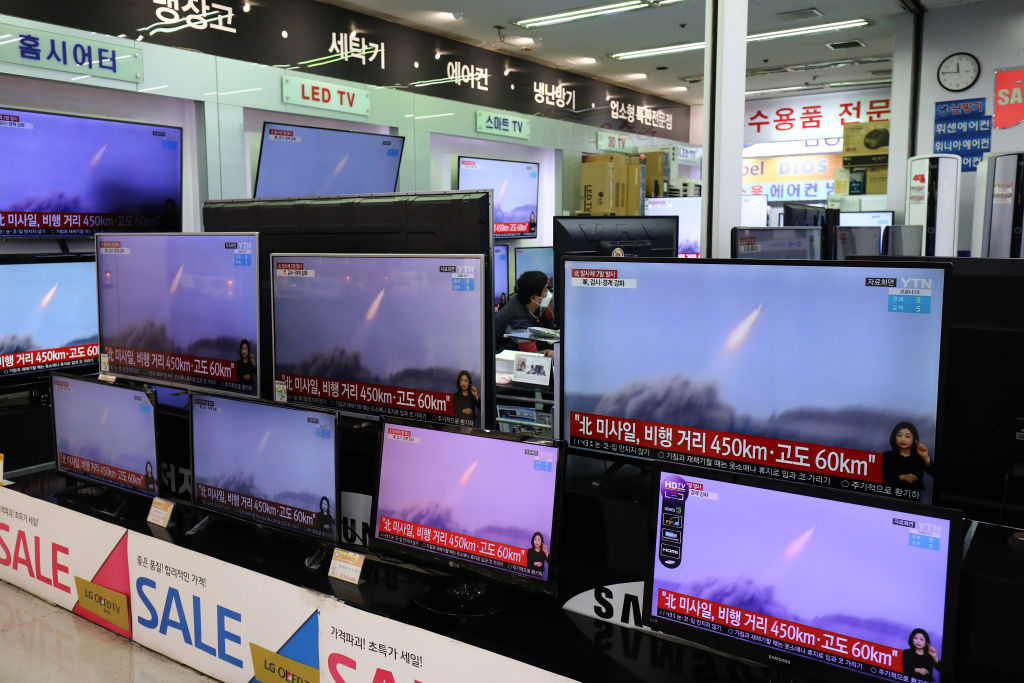 North Korea fires 2 ballistic missiles into sea
North Korea fires 2 ballistic missiles into seaSpeed Read
-
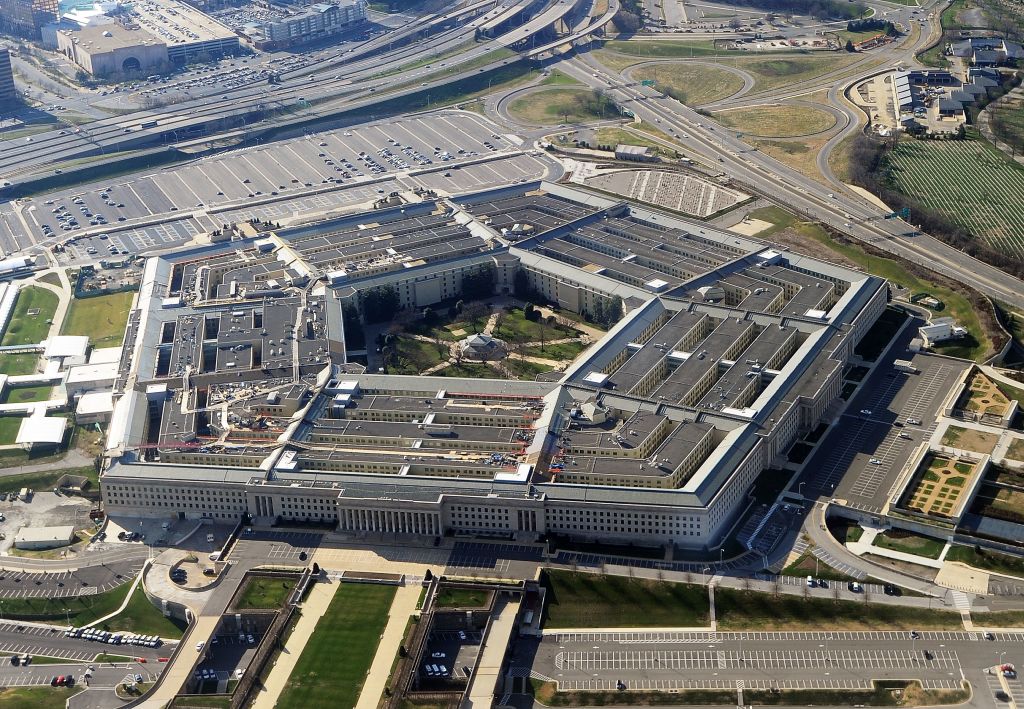 U.S. airstrikes target Iranian-backed militia facilities in Syria
U.S. airstrikes target Iranian-backed militia facilities in SyriaSpeed Read
-
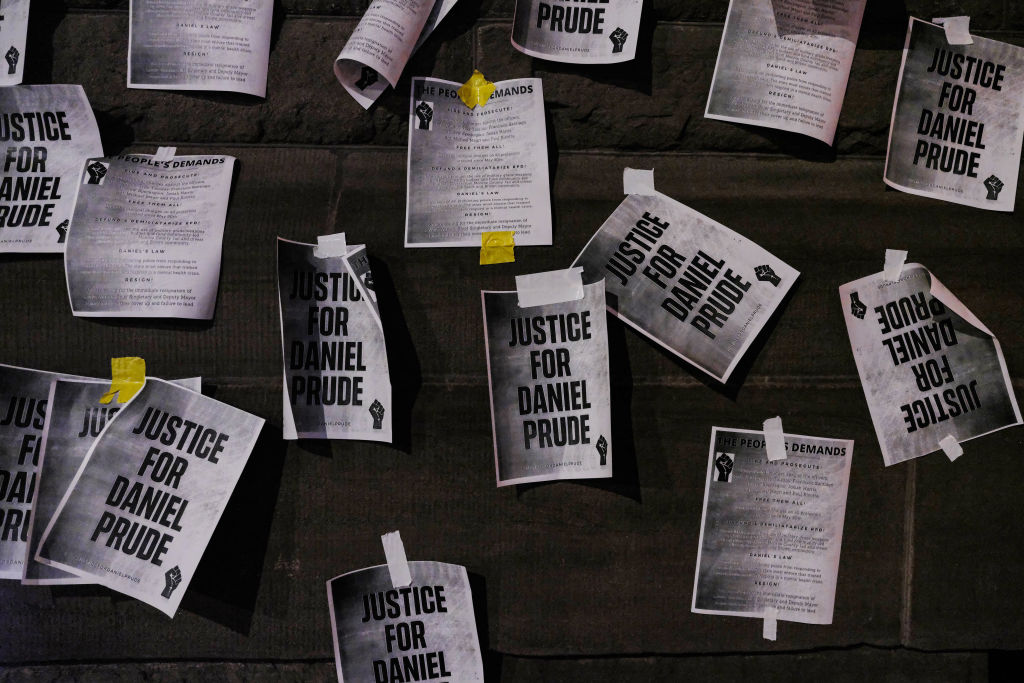 Rochester police who killed Daniel Prude during mental health crisis won't face charges
Rochester police who killed Daniel Prude during mental health crisis won't face chargesSpeed Read
-
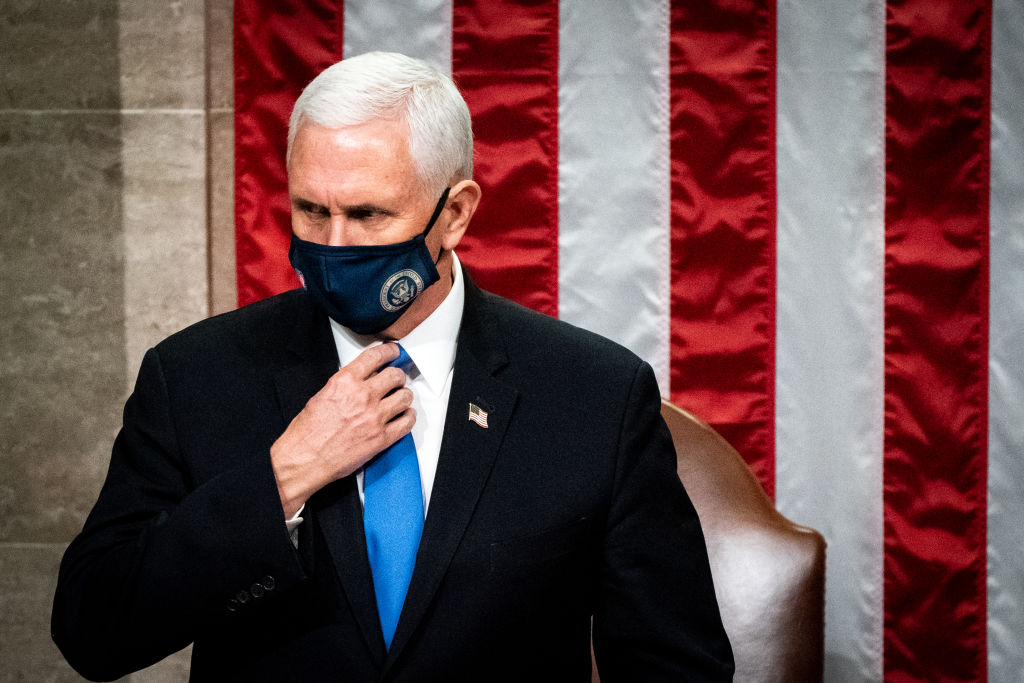 Mike Pence's 'nuclear football' was also apparently at risk during the Capitol siege
Mike Pence's 'nuclear football' was also apparently at risk during the Capitol siegeSpeed Read
-
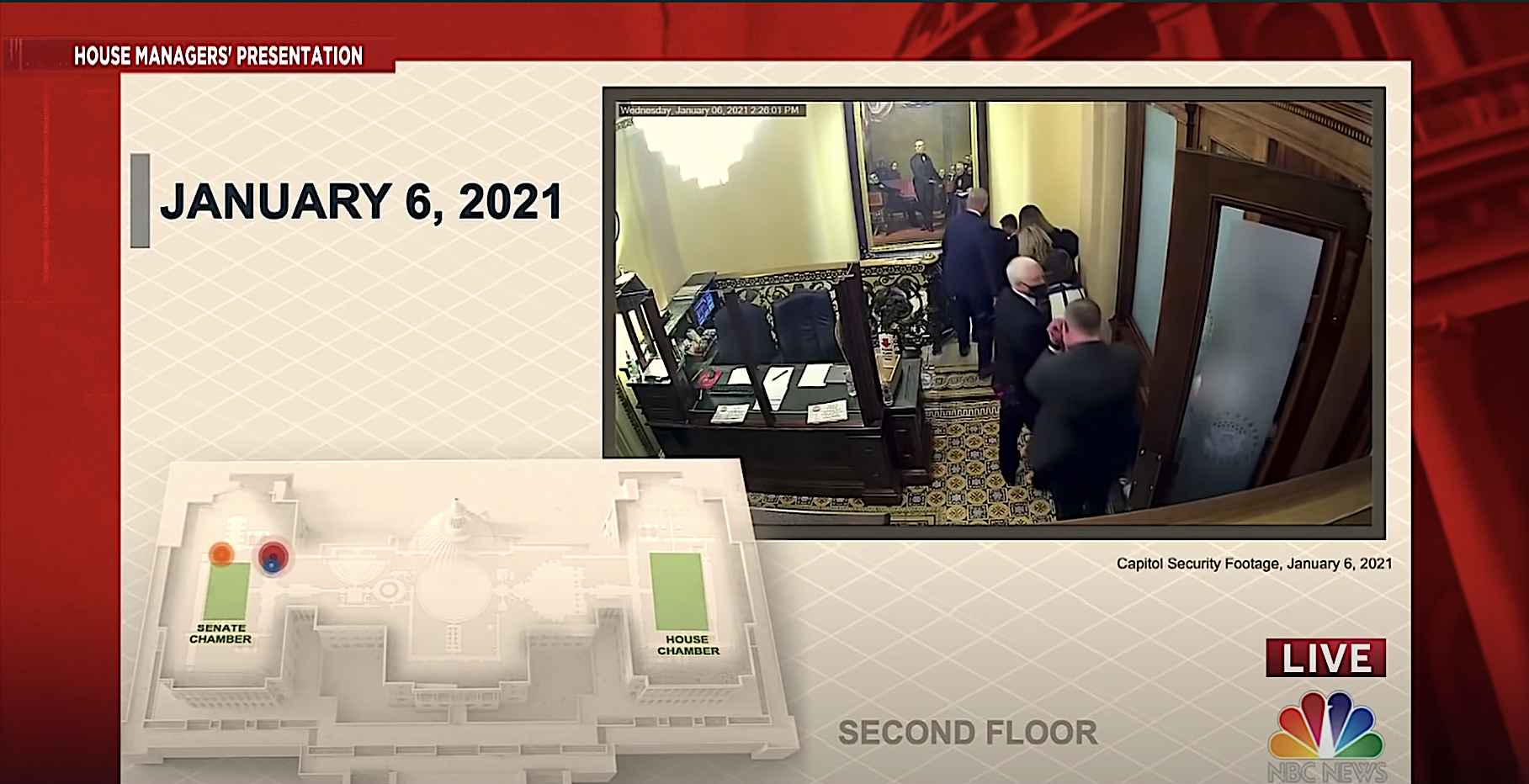 Trump publicly attacked Pence during the Capitol riot knowing Pence was in trouble, GOP senator suggests
Trump publicly attacked Pence during the Capitol riot knowing Pence was in trouble, GOP senator suggestsSpeed Read